“The first white men of your people who came to our country were named Lewis and Clark. They brought many things that our people had never seen. They talked straight. These men were very kind.”
~ Chief Joseph, Nez Perce leader
By Catherine Austin Fitts
For our webinar Unpacking Your Financial Ecosystem, I asked Dr. Allison Bingham to serve as knowledge manager. See her resume at the end of this post. Dr. Bingham will be joining me on the live webinar to help with documentation. She has helped me prepare this collection of links.
I chose Lewiston, Idaho as the city we would use in the webinar to demonstrate accessing information about the flow of resources in a local area. Consequently, the majority of links below access information about Lewiston and its environment. You should be able to find comparable sources of information for any location in most developed countries.
Below the links on Lewiston, there are also links to other related Solari Reports and information.
A community and a local economy are living systems. There is a dynamic relationship between all the people, living things and natural resources within a place. Living systems perpetually grow and change.
The Valley Quest program is an award-winning, place-based education program based in Vermont that uses treasure hunts to celebrate community, natural history, cultural sites, stories, and special places.
Learning about a financial ecosystem that is part of a dynamic living system is a journey – there is always more to learn. That is why it is so important that you enjoy your journey.
Financial systems are man-made systems designed to govern, own, transact and manage resource allocation. They operate within legal jurisdictions and systems.
One of the benefits on learning “how the money works” around you is to ensure you understand your financial obligations and liabilities as a citizen and find opportunities to reengineer the financial system to better serve you and your local living systems.
When government budgets were under great stress in the 1980’s, a group of Brazilians implemented participatory budgeting in which the citizens took an active part in developing local budgets.
I will never forget the budget director of New York City telling me that the city was spending $150 million on cleaning up litter. If the citizens would be willing to stop littering that money could do so much good in educating children or helping with health care in the poorest neighborhoods. The trade-offs she was managing were truly tragic. She was right – an informed citizenry could have done much more for themselves with the available resources. The person who threw their fast food bag on the sidewalk could not connect that with the fact the local hospital could not afford a treatment for their child as a result.
Thousands of such opportunities appear the higher the financial IQ of a community.
In a time of change supporting the best local leaders with the best local intelligence regarding how to use our resources wisely can make an enormous difference. Indeed, it could rebuild our economy and create millions of jobs. When and where we unleash the group intelligence, miraculous things can happen.
So, let’s dive in and take a look at Lewiston, Idaho!
Please post your questions and comments for the webinar here. All discussion welcome!
Case study: Lewiston, Idaho. Unpacking the local financial eco-system of the City of Lewiston, Idaho
Unpacking the physical environment of Lewiston, Idaho
| Data Point | Link to Information |
|---|---|
| Overview: Physical location | https://en.wikipedia.org/wiki/Lewiston,_Idaho |
| Overview: Geography – prominent features | https://en.wikipedia.org/wiki/Lewiston,_Idaho |
| Snake River Basin | https://en.wikipedia.org/wiki/Snake_River https://en.wikipedia.org/wiki/Lewiston,_Idaho#/media/File:SnakeRiverNicerMap.jpg |
| Clearwater River Basin | https://en.wikipedia.org/wiki/Clearwater_River_(Idaho) |
| Natural resources (climate, wildlife, geology) State and County | https://en.wikipedia.org/wiki/Lewiston%2C_Idaho https://www.idwr.idaho.gov/ https://www.co.nezperce.id.us/Departments/PlanningandBuilding/ComprehensivePlan/ComprehensivePlanHomePage/NaturalResources.aspx |
Unpacking culture, people, and history of Lewiston, Idaho
| Data Point | Link to Information |
|---|---|
| Local history and culture | https://en.wikipedia.org/wiki/Lewiston,_Idaho |
| Local demographics and population data | https://en.wikipedia.org/wiki/Lewiston,_Idaho https://www.cityoflewiston.org/ https://en.wikipedia.org/wiki/Lewiston%2C_Idaho |
| Other Interesting Features | |
| Nez Perce Tribal website | https://nezperce.org/ |
| Lewis & Clark State College | https://en.wikipedia.org/wiki/Lewis_and_Clark_Expedition
http://www.lcsc.edu/ |
| Churches, temples, synagogues, mosques | http://www.city-data.com/city/Lewiston-Idaho.html |
| Schools | http://www.city-data.com/city/Lewiston-Idaho.html |
| Recreation | http://visitnorthcentralidaho.org/things-to-do/city-of-lewiston-parks-recreation/ https://parksandrecreation.idaho.gov/parks/ https://idfg.idaho.gov/region/clearwater https://idfg.idaho.gov/education/lewiston-wildlife-habitat-area |
Unpacking the governance structure of Lewiston, Idaho
Debt and Unfunded Retirement Costs as a Share of State Personal Income, 2013
(Click image to view larger)
Unpacking the local economic engine and finance flows in Lewiston, Idaho
| Data Point | Link to Information |
|---|---|
| Lewiston Business Development | https://www.cityoflewiston.org/content/856/1157/default.aspx |
| Comprehensive annual financial report, budget and financial statements | https://en.wikipedia.org/wiki/Comprehensive_annual_financial_report
|
| Lewiston schools and city services | 2015 – https://www.cityoflewiston.org/filestorage/551/615/1356/1416/2015_CAFR.pdf |
| Lewiston: Strategic plan | https://portoflewiston.com/wp-content/uploads/2020/12/Strategic-Plan-2020-DRAFT-12.07.2020-3.pdf |
| CEDS | Comprehensive Economic Development Strategy https://www.cityoflewiston.org/filestorage/551/601/CEDS_2009_2014_Appendix_A.PDF |
| State Revenues & State Underfunded Pensions, Debt, Heath Care Liabilities | (run query on Idaho) http://www.pewtrusts.org/en/multimedia/data-visualizations/2014/fiscal-50#ind0 |
| Bonds – Municipal Filings for State and Local Governments and Public Agencies and Authorities | (run search on Lewiston, Idaho) http://emma.msrb.org/IssuerHomePage/Issuer?id=4394E555A49F37E097089D46650BCCF9&type=G |
| Stocks – SEC Filings for Public Companies | https://www.sec.gov/edgar/searchedgar/companysearch.html |
| Center for Responsive Politics – Official Site | http://www.opensecrets.org |
| Search Campaign Finance Data by Individual Contributor | http://fec.gov/finance/disclosure/norindsea.shtml |
| Contributions to All Other Political Committees Except Joint Fundraising Committees | https://www.followthemoney.org/ |
| Urban Renewal Agency | https://www.cityoflewiston.org/content/848/6585/default.aspx |
| Financial | |
| Commercial & Savings banks | |
| Credit Unions | |
| Mortgage banking | |
| Brokerage firms | |
| Insurance Agencies | |
| Health Care | |
| Doctors | |
| Clinics | |
| Nurse Practitioners | |
| Hospitals | |
| Pharmacies | |
| Physical Therapy | |
| Real Estate | |
| Construction | |
| Property Owners & Managers | |
| Home Improvement | |
| Brokers & Appraisers | |
| Sports & Recreation | |
| Gyms | |
| Sportsplex | |
| Transportation | |
| Airports | http://www.airportflyer.com/lws/ |
| Railroads | |
| Trucking | |
| Roads and Bridges | |
| Transit | http://ridethevalley.org/ |
| Trails | |
| Spaceports | |
| Waterways/ports | |
| Utilities | https://www.cityoflewiston.org/publicworks |
| Water | |
| Sewer | |
| Energy | |
| US military installations |
Unpacking the local food ecosystem
| Data Point | Link to Information |
|---|---|
| Agriculture/horticulture | http://www.agri.idaho.gov/AGRI/ http://www.agri.idaho.gov/AGRI/Categories/AboutISDA/Documents/directory/AgDirectory_Staff.pdf |
| Local Farmers markets | http://www.localharvest.org/lewiston-farmers-market-M17170 |
| Terminal markets | |
| Local farm associations | |
| Local farms | |
| Local garden clubs | |
| Local Weston A. Price club | |
| Orchards | |
| Local Ranches | |
| Community Supported Agriculture (CSA) | http://www.localharvest.org/lewiston-id/ |
| Grocery stores and Cooperatives | |
| Farm Credit Bureau | |
| Grange | http://www.grange.org/idahostate/ |
| Hunting, Fishing, and Wildlife | https://idfg.idaho.gov/region/clearwater https://idfg.idaho.gov/hunt |
Related Solari Reports
Solari Report: Can We Make America Great Again? with Jon Rappoport
Solari Report: Agenda 21 with Rosa Koire
Solari Report: Who’s Your Sheriff?
Solari Report: Rebuilding a Local Economy
Subscription only: Rebuilding a Local Economy: Outline & Links
Investment Related
Solari Report: Organizing the Legal Structure for Your Start Up
A Review of Existing Media Capital Structures
Term Sheet for Recent Start Up Advised by Catherine using the Solari A/B Share Stock Model
Solari Report: Startup Financing for the Rest of Us
Study on Financial Returns of Angel Investors
In-State Equity Crowdfunding Offerings as an Alternative to Federal Jobs Act
Crowdfunding & the Legal Pathways to Raising Capital
1998 Backcasting: Popsicle Culture: A Backcasting as a Report to Shareholders
Solari Tool: http://silverandgoldaremoney.com
Solari Report: Creating Liquidity in Your Neighborhood & Networks
A Design Book for Solari Stock Corporations
Related Reading
Want to Have a Real Impact? Shift Your Time to State and Local Politics
Follow the Money: A Citizens Guide to Local Government, American Institute for Economic Research
Wikipedia: Participatory Budgeting
Who is Responsible to Make America Great Again?
Karma Means You Don’t Get Away with Anything
A Solari Report – Can Our Own Communities Serve as Financial Safe Havens in Troubled Times?
Bio
Dr. Allison Bingham is an independent consultant and provides technical and strategic program implementation support to organizations both domestically and globally with a focus on low resource settings. Dr. Bingham provides strategic support to set organization strategic direction, develops, designs, implement and manage evidence -based public health interventions, generates evidence for proof of concept, program effectiveness and feasibility, build processes for decision making, and create feedback loops between key stakeholders. In her work, Dr. Bingham helps to foster a culture of data utilization for programmatic and business decision-making, and for measurement and evaluation. A medical anthropologist and public health specialist by training, Dr. Bingham has worked as a program development specialist and research scientist in the international health and development sector for nearly 30 years with over 30 scientific publications.
Dr. Bingham recently completed a career with PATH, an international nonprofit organization and leader in global health innovation aimed at saving lives and improving health, especially among women and children. Over her professional life, Dr. Bingham has served as a Principal Investigator or Co-Investigator on health and development-related applied research studies and program evaluations aimed at bringing new health initiatives, products and technologies to developing country/low resource settings. Over her tenure, she has been supported by funding from Fulbright- Hayes Fellowship program, Centers for Disease Control, National Institutes for Health, USAID, Bill & Melinda Gates Foundation, Hewlett-Packard Foundation, Buffet Foundation, Exxon Mobil foundation, Glaxo-Smith Kline, and Merck among others.
These team-based initiatives were multi-disciplinary and generally included stakeholders from public agencies, large and small business sector, the media, as well as consumers and other key constituents, often in community settings. She has lived and worked in Latin and South America, Africa, India, SE Asia as well as in urban dense areas of the Eastern United States. Dr. Bingham received her PhD in the Program for Applied Medical Anthropology and Public health at the University of Connecticut in 1998, her MS at Georgia State University in 1987, and BS from Brigham University in 1982. Dr.Bingham currently resides in a very small mountain community in Central, Washington and enjoys mountain sports, gardening, traveling, and raising German Shepherd dogs.
Listen to a Recording of the Live Seminar
You can listen to a recording of the seminar of Unpacking Your Financial Ecosystem here.
Make sure to follow along with the seminar on this page.








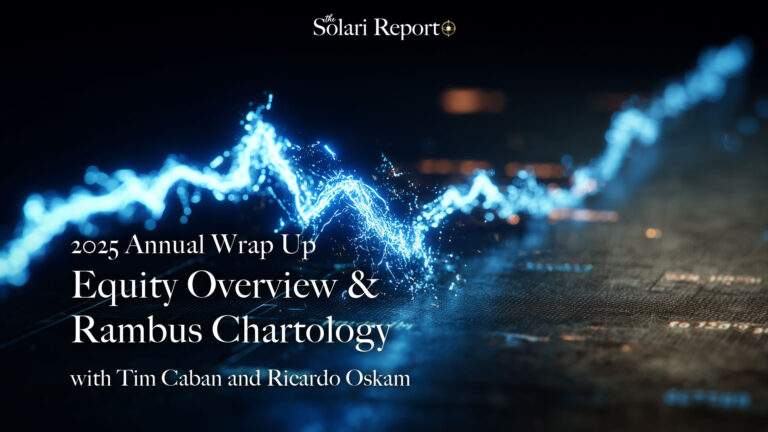
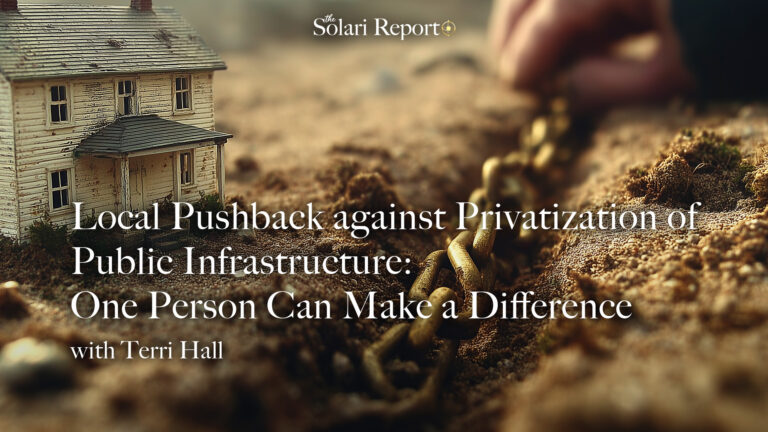
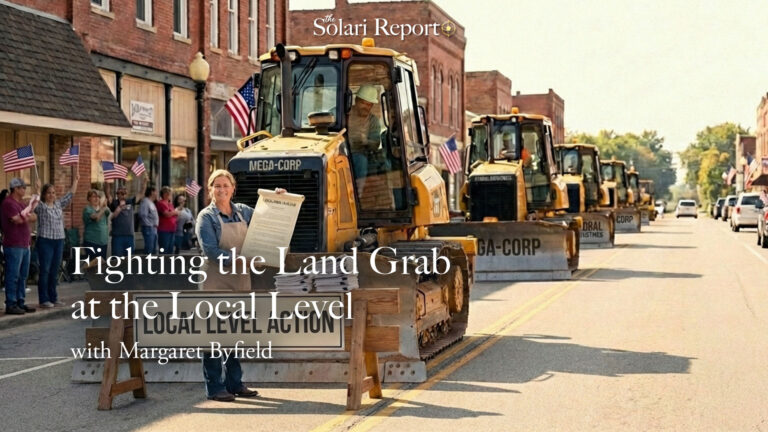

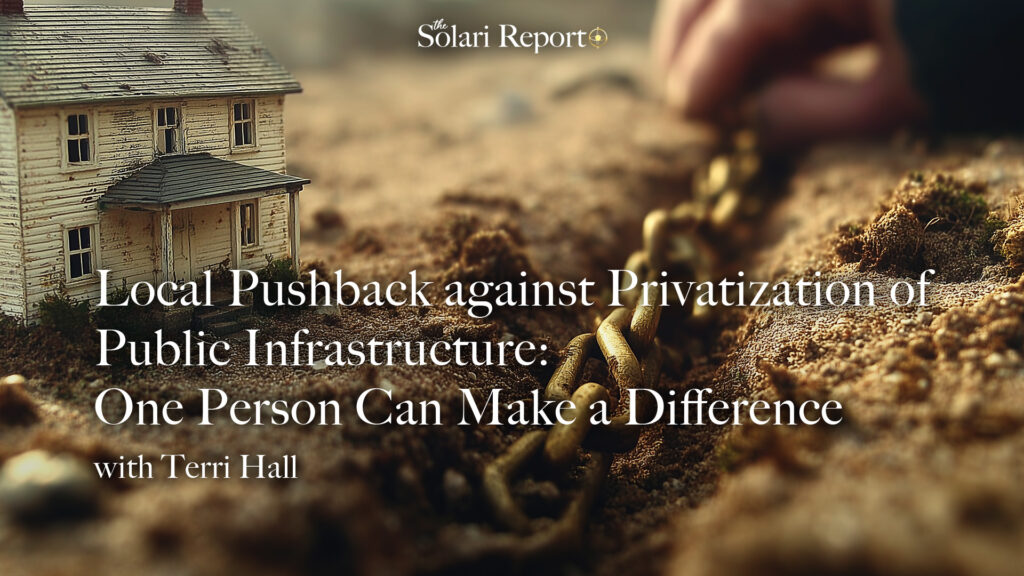
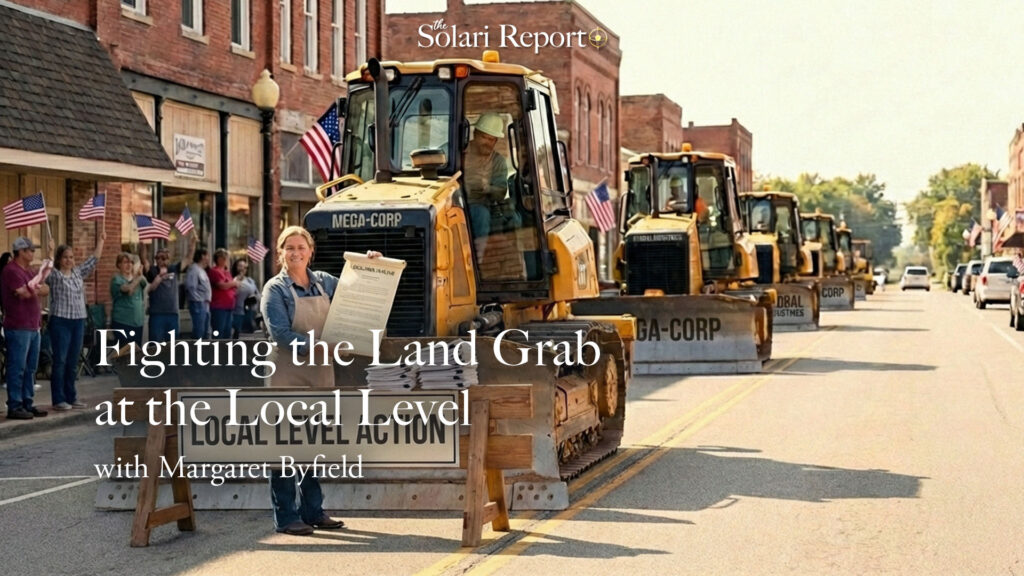








































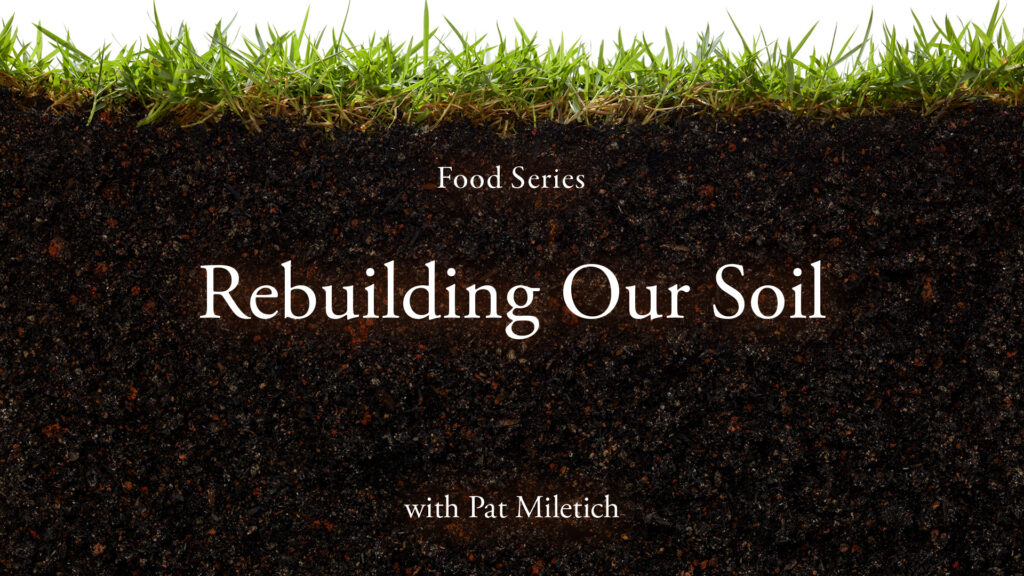



































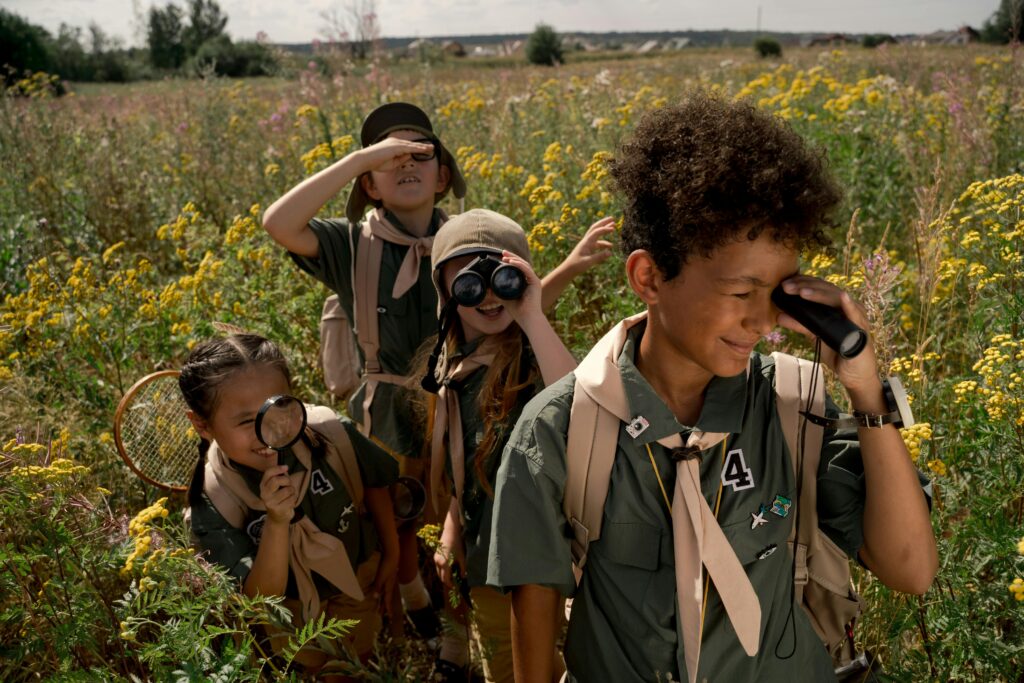
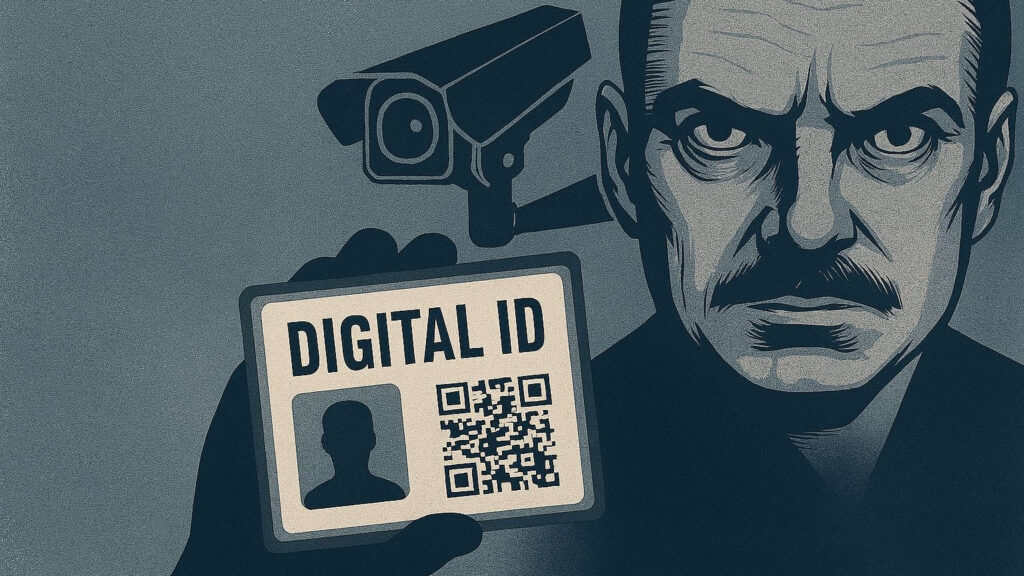

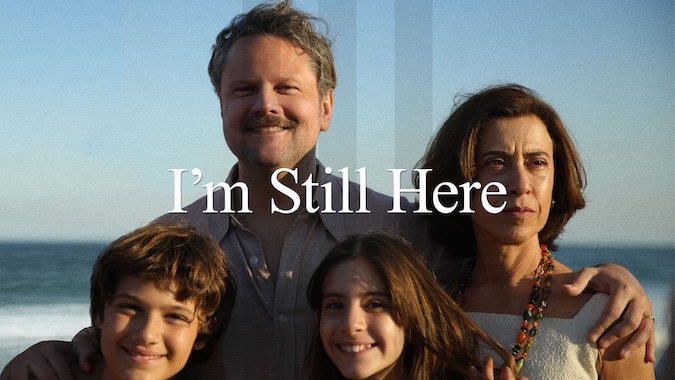





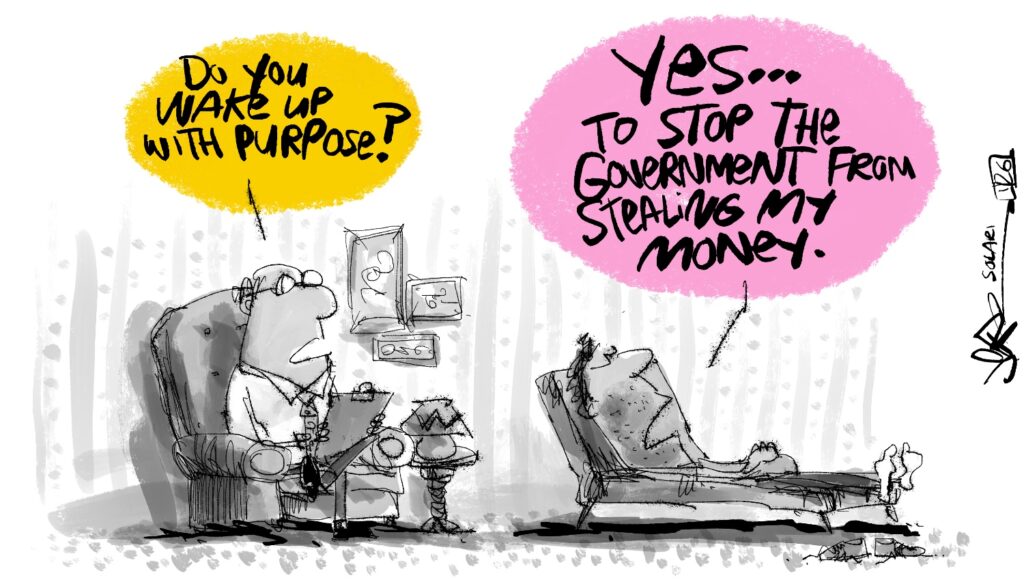



















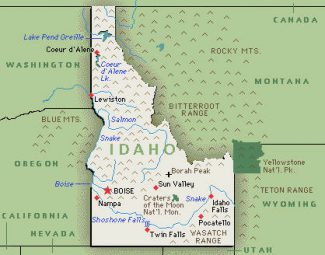
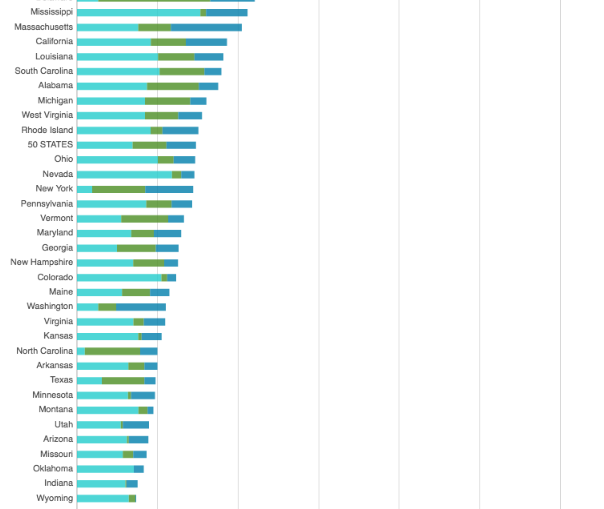

My county has great GIS data posted online. Any tips on which maps I should overlay in order to illuminate a local ecosystem? I see great categories of maps for demographics, population density, and zoning. But I still don’t understand why five of the seven subsidized housing units in my county are geolocated within a mile radius of my downtown. It’s like gentrification never happened…how can I see through the shinny pretty maps to the city’s strategic planning? Thanks Catherine!
Charts are great- as we are listening- Steve and I are going through some of our local information on the county seat town we live in. Great resource! This is very exciting and an excellent framework!
Charts are great- as we are listening- Steve and I are going through some of our local information on the county seat town we live in. Great resource! This is very exciting and an excellent framework!
What happened to the venture pool for local food?
Restaurants will lie about having local food, because the demand far outstrips the supply.
What happened to the venture pool for local food?
Restaurants will lie about having local food, because the demand far outstrips the supply.
I am (in addition to my business) a local elected official and I have to note that the unionization of municipal labor does make costs quite high. Electors don’t seem to understand that most of them are on the opposite side of the table from unionized government workers. How do we undo this? The end result of all the grabby union negotiating is exactly what California has: insolvent state employee pension funds, etc.
I am (in addition to my business) a local elected official and I have to note that the unionization of municipal labor does make costs quite high. Electors don’t seem to understand that most of them are on the opposite side of the table from unionized government workers. How do we undo this? The end result of all the grabby union negotiating is exactly what California has: insolvent state employee pension funds, etc.